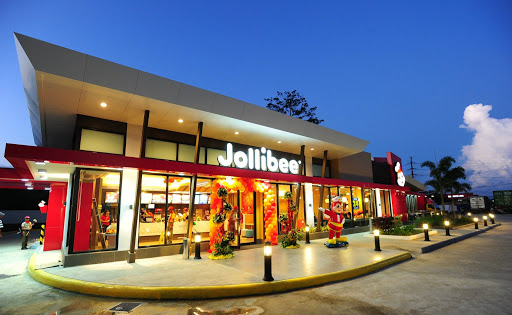What first started out in 1975 as an ice cream parlor in Quezon City became the brand that beat global giant McDonald’s in the Philippines. Jollibee, best known for its signature fried chicken that’s specifically tailored to the Filipino palate, owns 56 percent of the country’s $5 billion fast food market. However, the local brand has been experiencing a decline in sales since 2019 and is continuing to face even greater threats to its market value.
Jollibee Foods Corporation founder Tony Tan Caktiong spent $540 million on its acquisition of Denver-based Smashburger in 2018 ($210 million) and California-based The Coffee Bean & Tea Leaf in 2019 ($330 million). But despite expanding to almost 6,000 stores in 35 countries, Jollibee shares dipped by 18 percent (in addition to losses from the previous year)—their worst in two decades—slashing $2.22 billion off its market value since the end of 2018.
Smashburger cost an almost 25 percent drop on Jollibee’s net income, attributed to poor store locations and inconsistent quality. The group is shutting down branches that remain unprofitable and is relocating to areas with stronger traffic and visibility. Meanwhile, The Coffee Bean & Tea Leaf (expected to be unprofitable during the majority of 2020) was consolidated into Jollibee’s financial accounts last quarter and is now directed towards countering losses by addressing high administrative costs.
Aside from the impact on sales caused by these two chains, the growing concern on COVID-19 has greatly dictated consumer behavior. Fifteen percent of the Jollibee group’s outlets is located in China, operating 389 restaurants (of more than 15 brands) that make up 7.4 percent of its sales.
The group has already closed all its chains at the virus’ epicenter, Hubei province, and although these establishments only represent a percentage of sales, restaurants are receiving fewer customers by the day due to containment and health measures. Despite this, Jollibee is still firm on its plan to open over 1,000 outlets in China in the next few years—remaining headstrong on their ambition to cut dependence from the Philippines and become part of the world’s top five restaurant operators.
On a scale of five (representing anonymous buy), the average consensus analyst rating of Jollibee on the stock fell from a 14-year high of 4.2 in 2018 to 2.67 this year. According to COL Financial Group Inc. analyst John Martin Luciano, the consolidation of The Coffee Bean & Tea Leaf into Jollibee’s accounts as well as the global effect of COVID-19 can cancel out gains from Smashburger’s recovery and other domestic operations.





